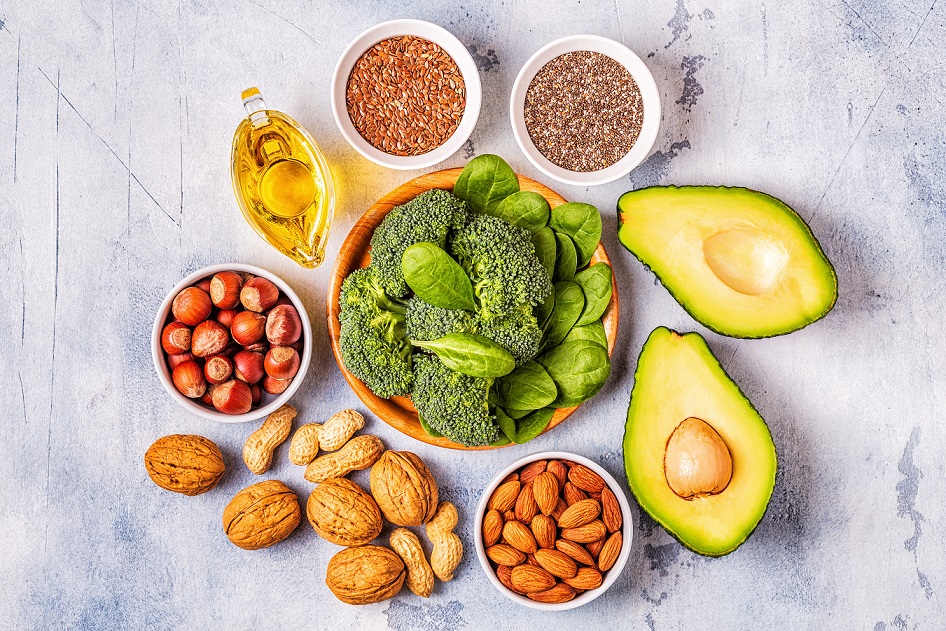
Omega-3 fatty acids are crucial for maintaining overall health, especially when it comes to heart health. While many people rely on fish oil supplements for their omega-3 intake, vegans and vegetarians may wonder how they can meet their needs without fish-derived products. Fortunately, there are vegan sources of omega-3 that can provide all the benefits without compromising your dietary choices. In this article, we will explore why vegan omega-3 is essential for heart health and what you need to know about incorporating it into your diet.
The Importance of Omega-3 for Heart Health
Omega-3 fatty acids are a type of unsaturated fat that plays a crucial role in maintaining heart health. They are known for their anti-inflammatory properties and ability to reduce the risk of heart disease. The three main types of omega-3 fatty acids are:
- Eicosapentaenoic acid (EPA)
- Docosahexaenoic acid (DHA)
- Alpha-linolenic acid (ALA)
Benefits of Omega-3 for the Heart
Here are some of the key benefits of omega-3 fatty acids for heart health:
- Lowering triglyceride levels
- Reducing blood pressure
- Preventing plaque buildup in arteries
- Improving overall heart function
Vegan Sources of Omega-3
If you follow a vegan or vegetarian diet, you can still get an adequate amount of omega-3 from plant-based sources. The primary vegan sources of omega-3 include:
- Flaxseeds and flaxseed oil
- Chia seeds
- Walnuts
- Hemp seeds
- Algal oil supplements
Algal Oil Supplements
Algal oil is derived from algae and is considered one of the most effective vegan sources of omega-3. It is rich in both EPA and DHA, making it an excellent alternative to fish oil supplements. Algal oil supplements are widely available and offer the same heart-healthy benefits as fish-derived omega-3 supplements.
How to Incorporate Vegan Omega-3 into Your Diet
Here are some simple ways to ensure you are getting enough vegan omega-3 in your daily diet:
- Add ground flaxseeds or chia seeds to your smoothies, oatmeal, or salads
- Sprinkle walnuts on top of your yogurt or cereal
- Use hemp seeds as a topping for soups, salads, or stir-fries
- Take algal oil supplements regularly
Cooking with Vegan Omega-3 Sources
You can also incorporate vegan omega-3 sources into your cooking to enhance the flavor and nutritional content of your meals. Here are some ideas:
- Use flaxseed oil as a dressing for salads
- Make chia seed pudding for a healthy and delicious dessert
- Add walnuts to your baked goods or trail mix
- Sprinkle hemp seeds on top of your favorite dishes for a nutty crunch
Consulting with a Healthcare Professional
If you have specific concerns about your omega-3 intake or heart health, it is important to consult with a healthcare professional. They can provide personalized recommendations based on your individual needs and help you determine the best way to incorporate vegan omega-3 into your diet.
Monitoring Your Omega-3 Levels
Regular monitoring of your omega-3 levels can help ensure that you are meeting your nutritional needs and maintaining optimal heart health. Your healthcare provider can perform blood tests to check your omega-3 levels and make recommendations based on the results.
In conclusion, vegan omega-3 is essential for heart health and can be easily incorporated into a plant-based diet. By including sources of ALA, EPA, and DHA in your meals and taking algal oil supplements, you can support your heart health and overall well-being. Remember to consult with a healthcare professional for personalized advice and guidance on meeting your omega-3 needs.